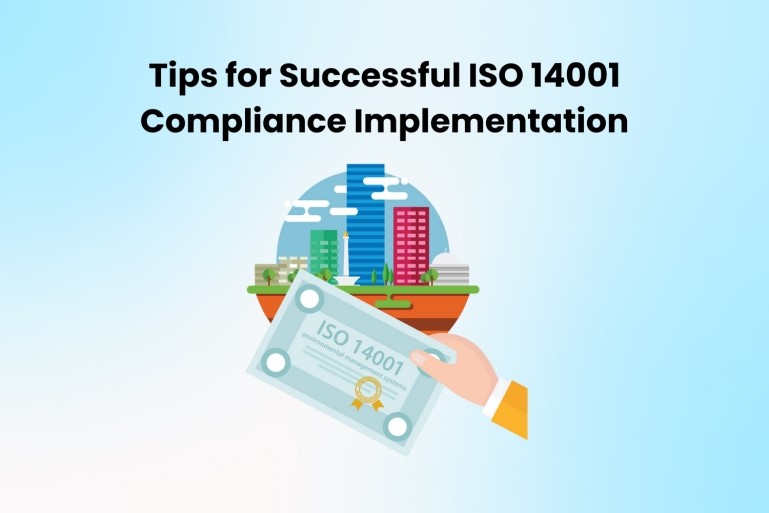Venture capital (VC) is a key component of the innovation ecosystem, funding and fostering startups and early-stage businesses so they can develop and disrupt markets. This blog article will examine the venture capital market’s operations and explain why it’s essential to both economic development and technical improvement.
Introduction to Venture Capital
Investors that believe in the potential for the long-term growth of startups and small enterprises lend them venture capital, a sort of private equity investment. These investments often have a high level of risk, but they also have a large potential return. Venture capitalists generally acquire shares in the businesses they back, giving them a voice in important business decisions and a financial stake in the company’s future growth or sale.
The Life Cycle of Venture Capital Investments
Deal sourcing, due diligence, investment, and exit are often included in the venture capital life cycle. Each step is critical and necessitates careful consideration and planning.
Deal Sourcing
The method by which venture capitalists locate fresh investment opportunities is known as deal sourcing. It covers everything, from exploring potential sectors and businesses to networking at industry gatherings. Many venture capitalists focus on particular industries where they have experience or where they believe there is significant room for growth.
Due Diligence
Venture capitalists will carry out due diligence after spotting an opportunity. This procedure entails a detailed assessment of the business plan, management group, market size, product or service, and financial forecasts of the potential company. Discussions with the company’s management, clients, and other stakeholders are frequently included as well.
Investment
The venture capitalist will proceed to the investing stage if the due diligence procedure is effective. The conditions of the investment, including the sum of money to be provided, the equity share the venture capitalist will receive in exchange, and the duties and obligations of each participant, are typically discussed throughout this process.
Exit
The venture investor realizes a return on their investment at the exit stage, which is the last step in the process. Usually, this takes place in one of two ways: either through an Initial Public Offering (IPO), in which the business goes public, or through an acquisition by another business.
The Importance of Venture Capital
Venture money is essential for encouraging innovation and economic expansion. Venture capitalists encourage entrepreneurship and enable the creation of ground-breaking technology and services by offering cash and support to early-stage businesses.
Different Rounds of Venture Capital Funding
The process of financing using venture capital is ongoing. Startups go through trough at least 5 stages of venture capital fundraising as they develop:
Seed Stage: This is the initial stage of funding and typically comprises modest sums to support the validation of a novel concept and the development of a business model.
Series A: The business now has a well-defined business plan and needs more funding to grow its user base and accomplish other important goals.
Series B: The company’s expansion and growth are the main goals of this fundraising round. The money will probably go towards growing the workforce, stepping up marketing initiatives, and enhancing the good or service even more.
Series C and beyond: The company is frequently quite prosperous at this point. Additional growth, acquisitions, or development into other areas might be fueled by additional investment rounds (Series C, D, and so on).
The Risks and Rewards
Given how frequently new firms fail, investing in startups is risky. The possibility for big profits is also present with venture money, though. Early investors can recover their initial investment several times over if a firm is successful. For instance, venture capitalists have received tremendous returns from their early investments in companies like Facebook, Google, and Uber.
Conclusion
A distinctive and essential component of the financial world is venture capital. Venture capitalists play a vital part in fostering the next wave of creative businesses and technology by comprehending and utilizing its mechanics. The huge benefits and chance to influence the future, despite the inherent hazards, make it an exciting and vibrant field.










